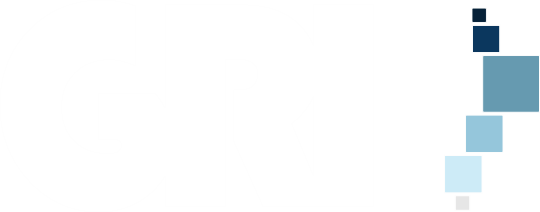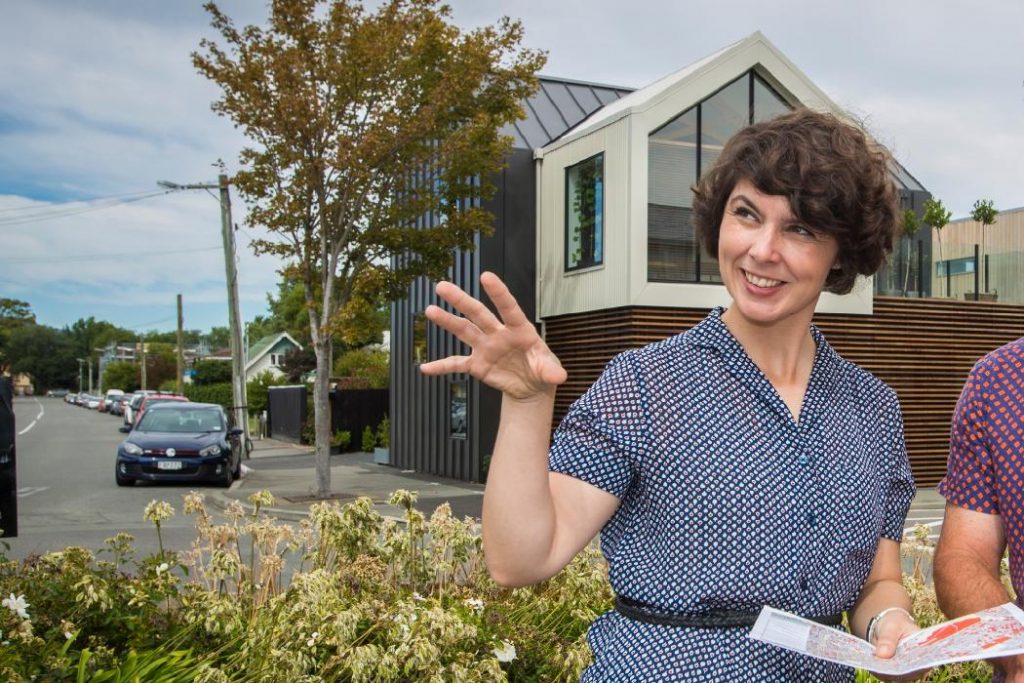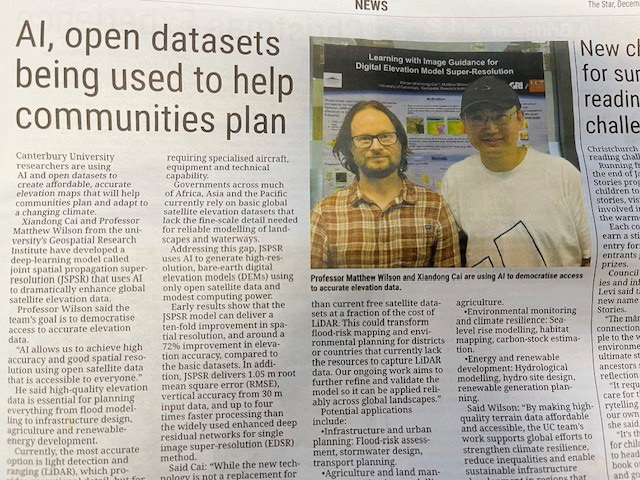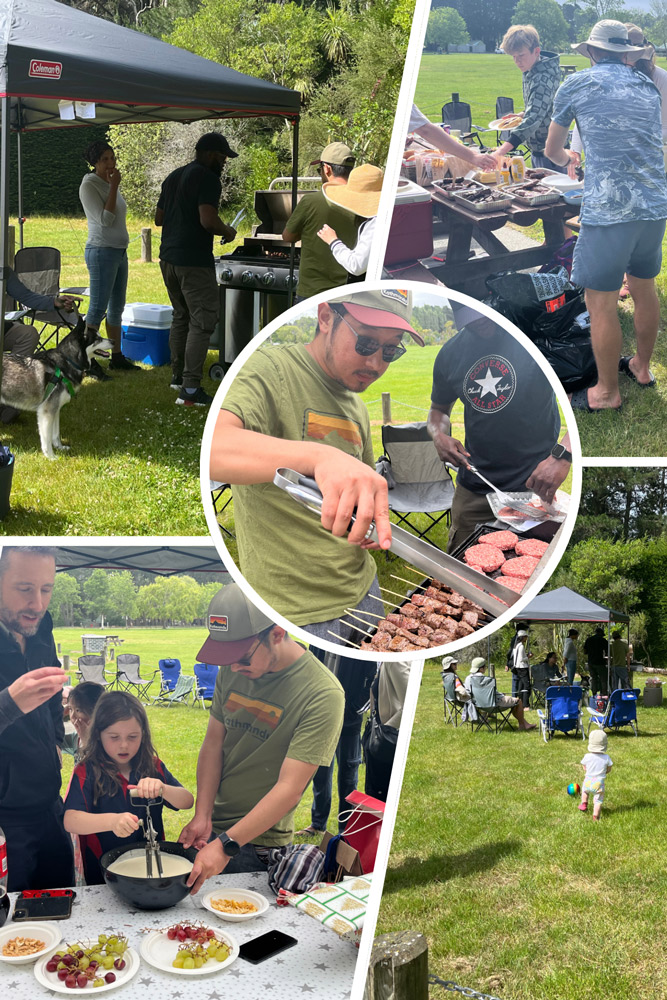University of Canterbury Science and Engineering researchers have gained $10.7 million in funding for five Smart Ideas proposals and two Research Programmes in the Ministry of Business, Innovation and Employment’s 2017 Endeavour Round.
UC researcher, Dr Rita Dionisio, is leading a new Research Programme creating map-based tools for community and rūnanga-led, sustainable town planning in small and medium settlements, which has been funded $2,570,250 over the next five years.
This is one of seven new UC research projects will be funded for the next three to five years under MBIE’s Endeavour Fund, which invests in excellent science that has the potential to positively impact New Zealand economically, environmentally and socially.
University of Canterbury Deputy Vice-Chancellor Te Tumu Tuarua Professor Ian Wright is thrilled with the success of the UC researchers’ proposals.[blockquote text=”“The breadth of the projects – extending from geospatial tools for community and rūnanga town planning, to a new biomarker assay platform for disease detection, to tuning protein expression for primary sector applications, to understanding the possible recovery trajectories for Kaikōura marine ecosystems – demonstrates the wide-ranging capacity of UC’s original, significant research.“
“][blockquote text=”“It is also pleasing to see the quantum of funding secured, some $10.7 million, which shows that UC is continuing to be successful in a highly competitive process.””][blockquote text=”“This success highlights the ability of UC’s researchers to generate fundable ideas that are relevant, are excellent research, and could make a significant difference for New Zealand,” Professor Wright “]Smart Ideas are defined as innovative research projects that have a high potential to benefit New Zealand, while Research Programmes support ambitious, well-defined research ideas, which have high potential to positively transform areas of future value, growth or critical need to New Zealand.



